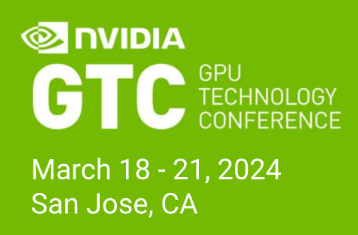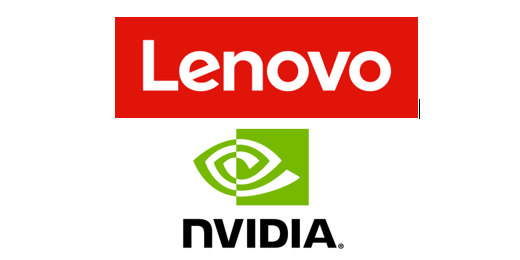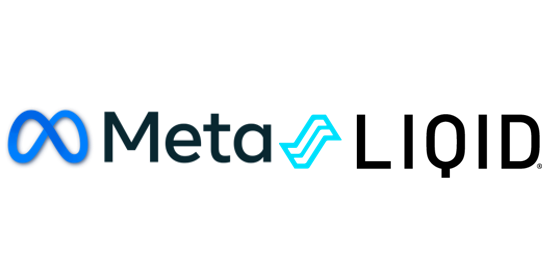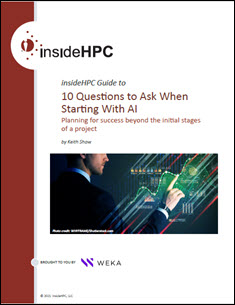[Sponsored Guest Post] The technology alliance between Lenovo and NVIDIA is one whose total is greater than the sum of its parts. NVIDIA processors are changing the world and Lenovo servers are the platforms in which world-changing compute is happening.
NVIDIA is leading the AI revolution across the globe; Lenovo is the undisputed leader in high performance computing (HPC) and supercomputer systems. Together, the two companies have been a major locomotive for advanced, accelerated computing.
The Lenovo-NVIDIA collaboration will be in the spotlight on the show floor (Booth 1740, 824) at NVIDIA’s GTC 2024 conference next week in San Jose, and advanced AI will be the focus.
All over the enterprise landscape, organizations are hungry to deploy successful AI implementations that enable faster data-driven decisions with deeper insights, producing competitive advantage. Today, that’s the name of the game. Backed by NVIDIA compute, Lenovo produces scalable, highly secure, end-to-end solutions to establish or expand their AI and analytics, data center, edge computing and remote work capabilities.
Making that happen is no small feat. It not only takes great technology, it also requires know-how of AI configurations based on proven experience and a track record of success. These are attributes that, together, Lenovo and NVIDIA deliver.

The hot topic at GTC will be generative AI implementations using large language models reaching trillions of parameters. The scale of AI supercomputer clusters that can train and run inference has grown exponentially. As clusters “run hotter” jokes have emerged in the HPC-AI community about “glow-in-the-dark” GPUs and “the lights in town flickering” as they are powered up.
A core distinction for Lenovo among HPC-AI server makers has been its pioneering work in liquid cooling, elevating it from a curious and doubtful novelty to an accepted and mainstream capability that cuts energy consumption and supports denser clusters with smaller data center footprints. Starting in the 2000’s, it’s almost as though Lenovo, with its Neptune™ warm water liquid cooling R&D, and NVIDIA’s development of GPUs for AI compute, have been on converging paths to the point where today, the two have come to fruition. Lenovo Neptune™ cooling technologies are a key enabler for AI infrastructure implementations at scale.
Beyond demonstrations of new hardware, Lenovo will take an active role on the GTC agenda. For example, on Tuesday, March 19 at 4 pm PT, Lenovo Vice President/General Manager of AI and HPC Scott Tease, together with Esther Duran of the Scott Morgan Foundation, will speak on “Empowering Accessibility through Personalized AI.”
They will discuss how Lenovo and its partners, Deep Brain and the Scott Morgan Foundation, address the challenges faced by people with ALS or other degenerative conditions can use an AI avatar to communicate for them. The partnership will showcase an on-device LLM designed to empower individuals with disabilities by offering generative AI capabilities without reliance on cloud-based services.
In all, Lenovo will participate in seven GTC sessions and will be located in booth 1740, 824.




